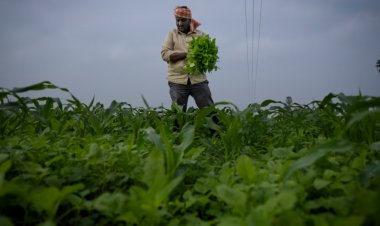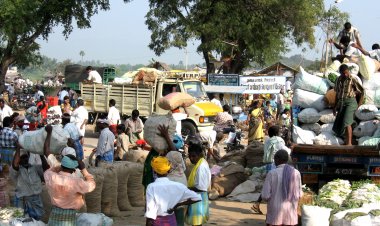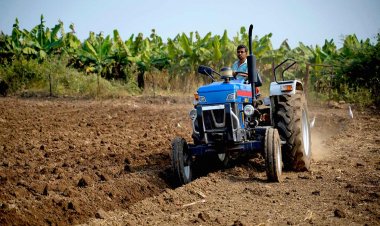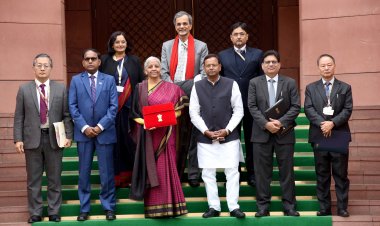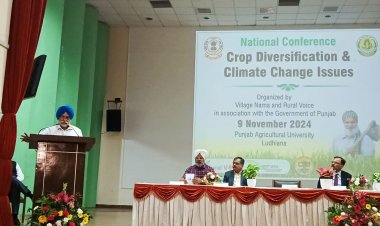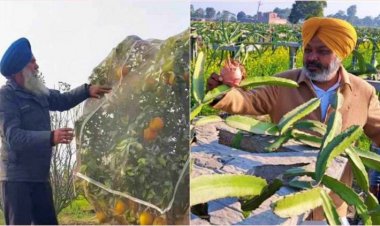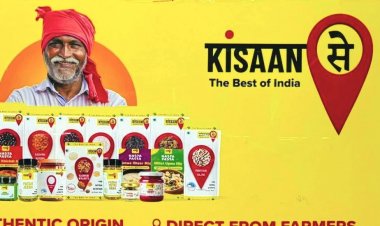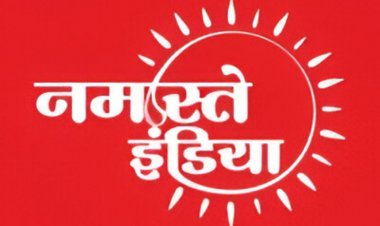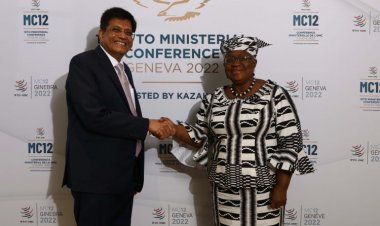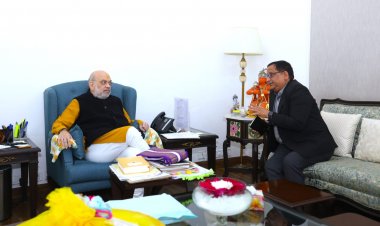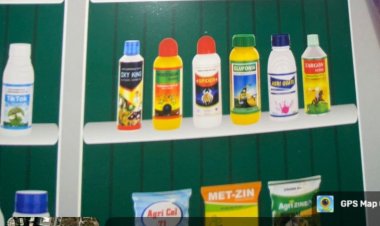Wheat export: To do or not to do
Even if the government has to show compassion, the policy must be to prioritize nations very badly in need of wheat export with approval from the WTO, which must not force India but rather ask it to be considerate on humanitarian grounds.
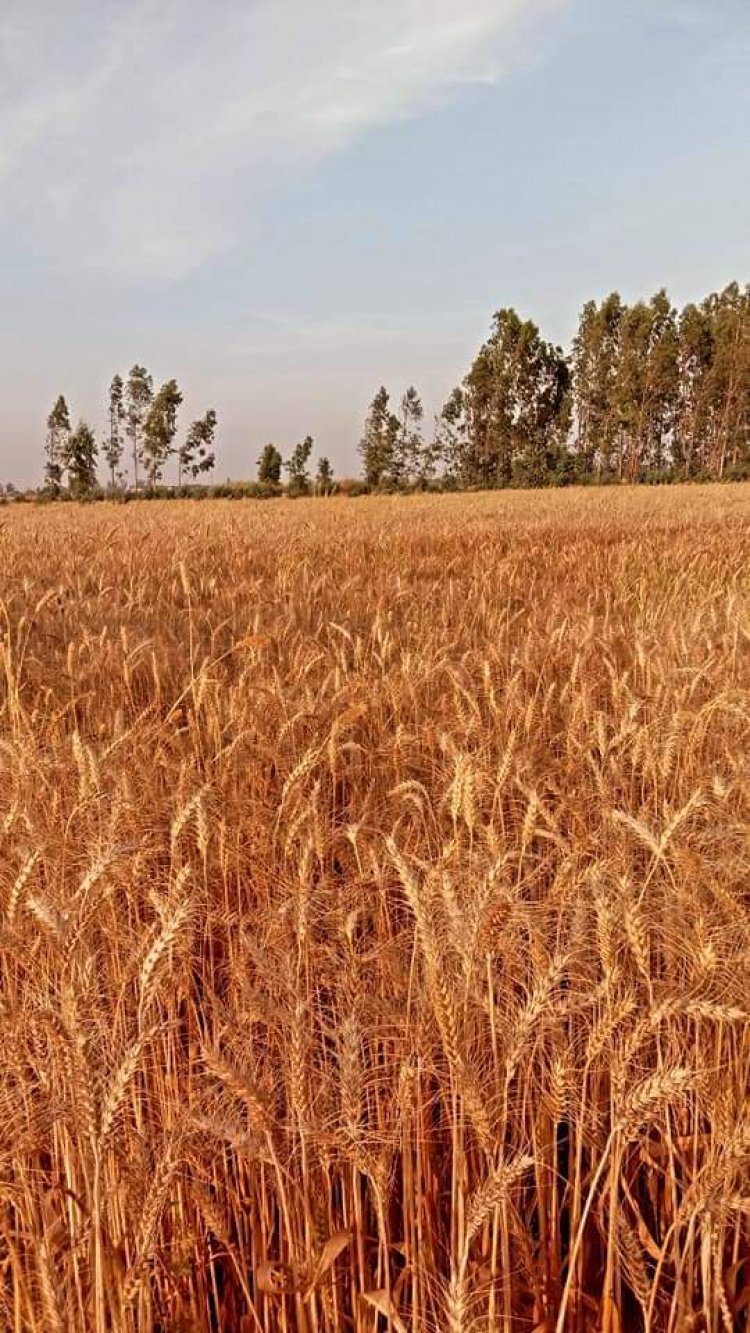
The present food crisis in the world has assumed an alarming proportion with many countries facing severe shortages of wheat to meet the demand of the population almost being pushed to starvation. This necessitated the IMF President to literally beg the Indian Prime Minister to reconsider the ban on the export of wheat and save the nations from hunger. Many western countries have been left in the lurch with food production in the doldrums. The crisis has only been aggravated by the war between Russia and Ukraine, the two wheat-growing/exporting countries.
In this scenario, India is placed in a far better situation with sufficient stock of wheat to feed our population for now, although the production in the ensuing year might be affected by drought/ monsoon situation. The fundamental question on humanitarian grounds is whether the supply of an essential food commodity can be denied based on political or trade-related issues at the international level. Since the World Trade Organization (WTO) controls the norms for trade regulations, it may not be possible for any nation to violate the WTO guidelines.
Although India is known for its generosity, magnanimity and humility and follows a humane approach in such crises — during the Covid-19 pandemic, several millions of injection vials were exported to many countries — the present precaution being exercised by the Prime Minister is understandable. No country can afford to export commodities at the expense of its own citizens’ needs. Wheat export, it is feared, would deprive the poor section of the society of its supply.
However, unless the WTO relaxes or revises its regulatory mechanism, even temporarily to solve the crisis, and unless all affected nations put pressure on the WTO, led by the IMF, India cannot lift the ban on export. Even if the government has to show compassion, the policy must be to prioritize nations very badly in need of wheat export with approval from the WTO, which must not force India but rather ask it to be considerate on humanitarian grounds. This seems to be the right course of action with the national spirit – Annadhata sukhi bhava and Annapoorni (providers of food) — to cater to the most affected human beings across the globe.
The spiritual message with social implications for the well-being of humanity at large might be the apt course that the Indian government can adopt, if convinced, with the courage of conviction that human lives cannot be compromised with policy decisions and man-made regulations can be modified at times of crisis like the world is experiencing today. Hope the message is loud, clear and convincing enough to act without any delay by the WTO/IMF. Hopefully, good sense would prevail to save the precious, innocent lives of millions of people.
Let the Indian flag fly with pride as true Annadata to the world community and let the Prime Minister be the messiah and guiding spirit to save millions of innocent human lives to prove that India stands for righteousness enshrined in the famous Bhagavad Gita. The need of the hour is a spiritual solution to a social problem.
Hunger cannot wait; all other things can. And when extrapolated all policy matters by WTO can wait but the hungry stomachs of millions of people deprived of wheat cannot, and should not, wait at any cost.
(Dr V. Rajagopal is a former Director of CPCRI, Kasaragod and President, Society for Hunger Elimination (SHE), Views expreesed in the article are his personal views)



 Join the RuralVoice whatsapp group
Join the RuralVoice whatsapp group

















